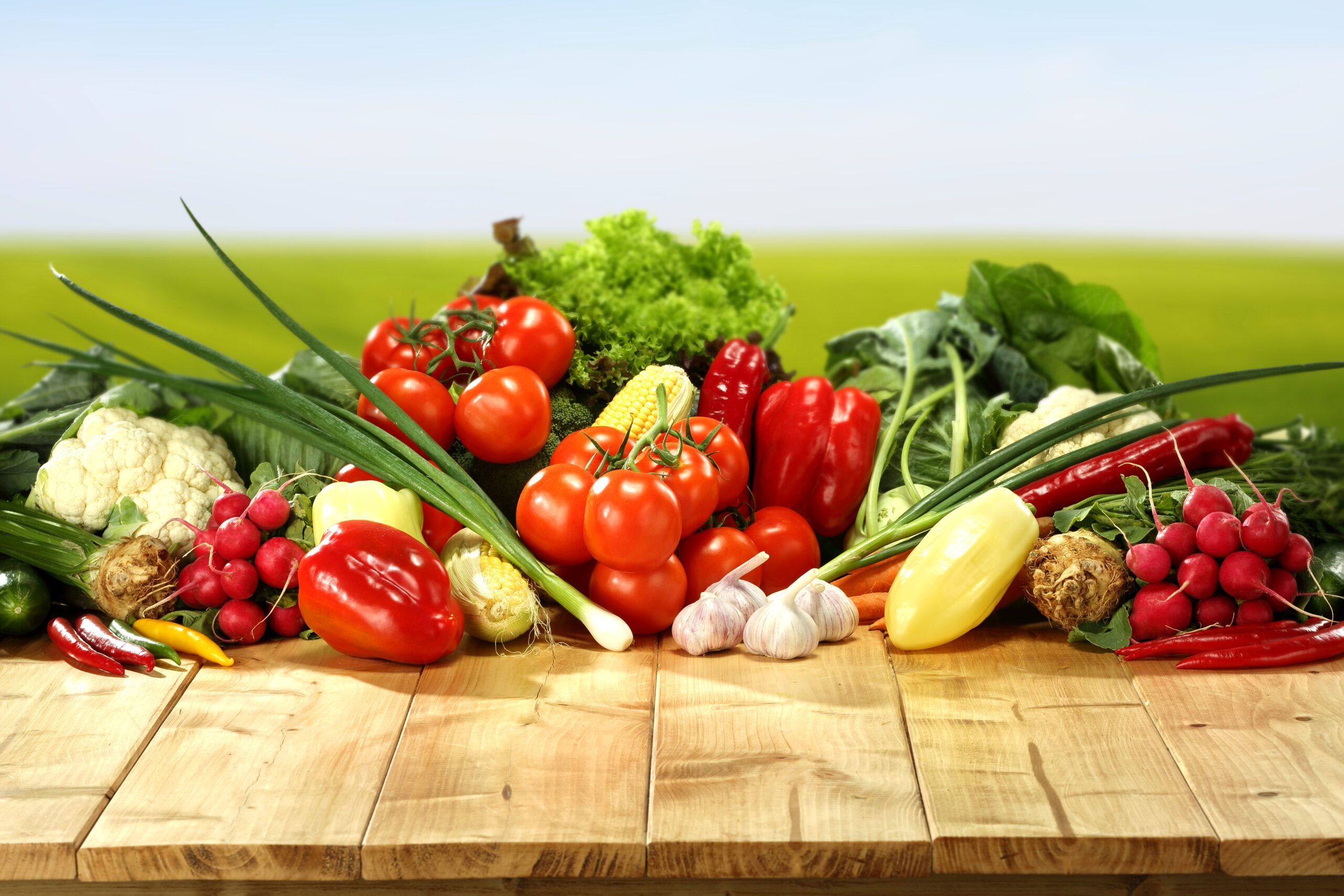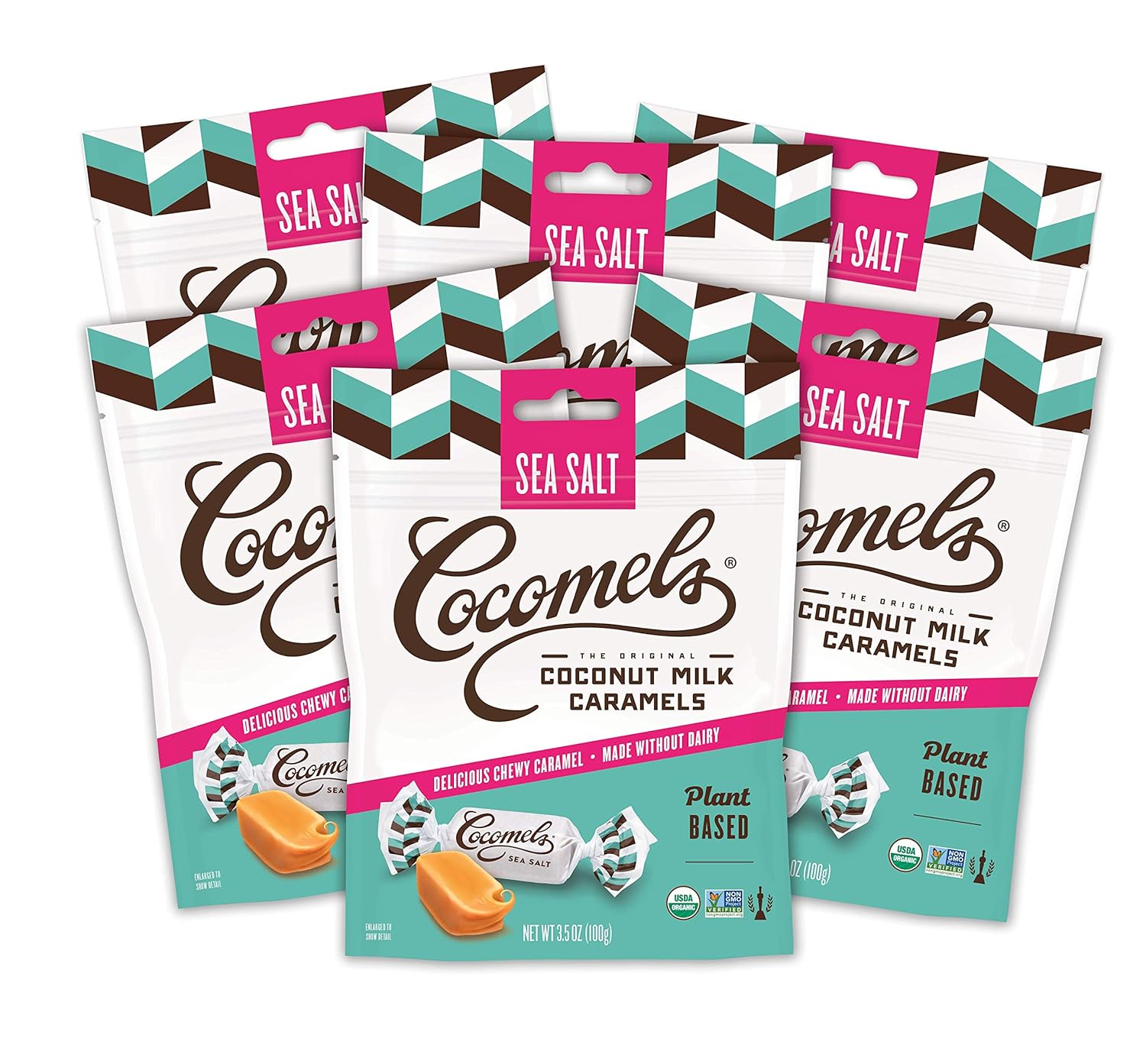When it comes to grocery shopping, you’ve probably noticed that organic vegetables https://greenelly.com/product-category/vegetables/ often come with a slightly higher price tag compared to their conventional counterparts. It’s a common concern for many budget-conscious individuals. But before you decide that organic veggies are out of reach, let’s take a closer look at the relationship between organic vegetables and your budget.
1. Cost Considerations:
Conventional Vegetables: They are generally more budget-friendly. Conventional farming tends to have higher yields and lower production costs, which translates to lower prices at the store.
Organic Vegetables: Organic farming methods, while environmentally friendly, can be more labor-intensive and may require more expensive inputs, contributing to the higher price.
2. Health Benefits:
Conventional Vegetables: While conventional vegetables are still nutritious and better than no vegetables at all, some studies suggest that organic vegetables may contain more vitamins, minerals, and antioxidants.
Organic Vegetables: The potential for higher nutritional content in organic vegetables can be seen as an investment in your health.
3. Prioritizing Your Choices:
Essentials vs. Splurges: You can choose to prioritize certain organic vegetables that you consume frequently and believe offer the most significant health benefits. For other less-consumed vegetables, conventional options may suffice.
Sales and Discounts: Keep an eye out for sales, discounts, and local farmers’ markets where organic vegetables may be more affordable.
4. Growing Your Own:
Home Gardening: If you have the space and time, consider growing some of your organic vegetables at home. This can significantly reduce your vegetable expenses.
Container Gardening: Even with limited space, you can grow organic vegetables in containers on your balcony or windowsill.
5. Buy in Season:
Seasonal Produce: Organic vegetables that are in season are often more affordable. They are also fresher and tastier when in season.
Freezing and Preserving: You can buy organic vegetables in bulk when they are in season and freeze or preserve them for later use.
6. Conscious Consumption:
Reducing Waste: Make sure to use all the organic vegetables you buy to avoid wastage. Plan your meals and use leftovers creatively.
Smaller Portions: Sometimes, using smaller portions of organic vegetables in your meals can help stretch your budget.
In Conclusion
While organic vegetables may require a bit more budget planning, they are not entirely out of reach. By making informed choices, prioritizing your purchases, and exploring options like home gardening and seasonal buying, you can incorporate organic vegetables into your diet without breaking the bank. It’s all about finding the balance that works best for both your health and your budget.



